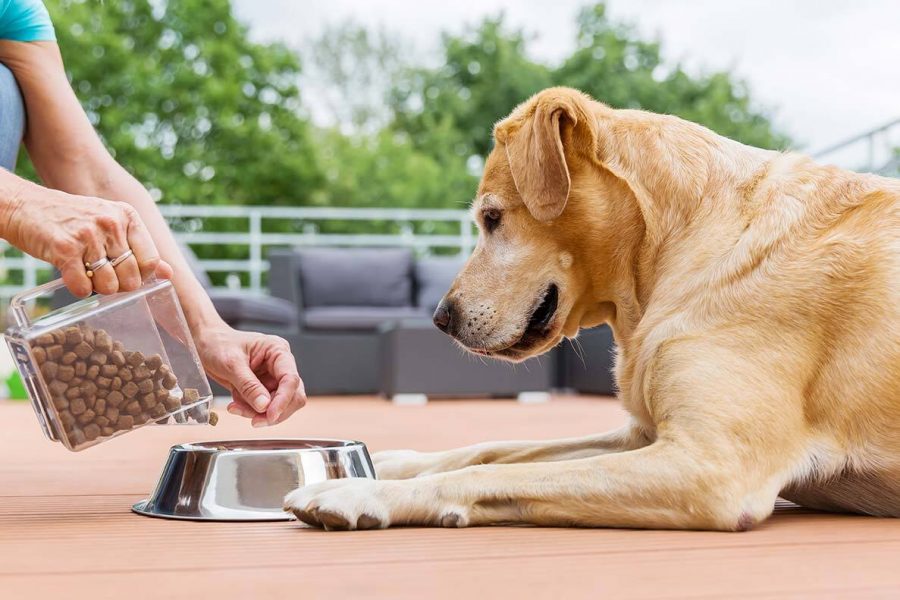Let’s find out what dogs eat and what is the best diet for their mental and physical health.
Packaged or homemade? Dry or wet? Fruit or vegetables? There are many questions we ask ourselves when it comes to choosing the right diet for our dogs. But do we really know what dogs eat and what is the right food for them? Let’s find out together.
The right nutrition for your dog.
As we well know, for our four-legged friends, every wish is a command! Even when it comes to nutrition, we always try to find the best solution for their health and their palate. But what do dogs actually eat? Dogs are born as carnivorous animals and, therefore, their main nutrients come from animal proteins (fish or white meats) which give them all the energy they urgently need to strengthen their muscles. Equally important are fats, which are essential for energy together with fibres and fatty acids. The fibres help the digestive process, whilst fatty acids (such as Omega-3) are very important antioxidants that help to maintain and regenerate cells and prevent aging. Finally, let’s not forget the vitamins and minerals, allies of the immune system. It doesn’t matter whether it is canned food, kibble, wet food or homemade; what really matters is to give your dog all these nutritional components, thus guaranteeing him a balanced and rich diet. Of course, age also affects the choice of food and, to cope with this, types of dog food are in fact prepared in puppy, junior and adult versions. The right amount of protein at every age!
Of course, there is a large choice of products on the market: chicken, lamb, salmon, tuna – every furry friend has his favourite dish! Dry (croquettes) are usually preferred over wet but often they are also used together. There are so many brands and you will need to make sure you choose the one that best suits your dog’s needs. If, on the other hand, you decide to be the star chef for your dog, please note: the diet must be balanced and complete.

Can dogs eat leftovers?
Leftovers are absolutely not recommended (except as a treat) as they are not balanced. Also, learn about the types of foods that are not likely to cause damage or digestive problems. In fact, dogs, unlike humans, do not assimilate everything in the same way. For example, chocolate is a very poisonous food for them and if eaten in large quantities it can even lead to death. Furthermore, many dogs are prone to allergies and, in this case, you will probably have to replace the protein.
Remember to always change the type of diet gradually, so that you will not affect your dog’s digestion. Once you have identified the right food, you can give your dog an enjoyable meal!
